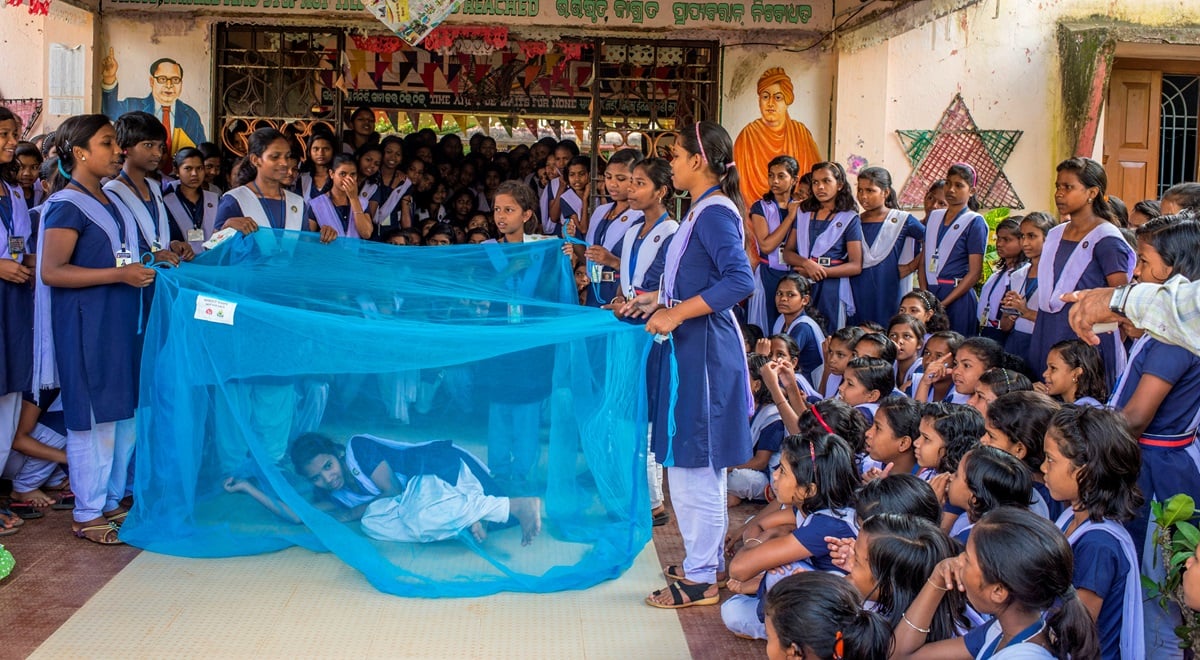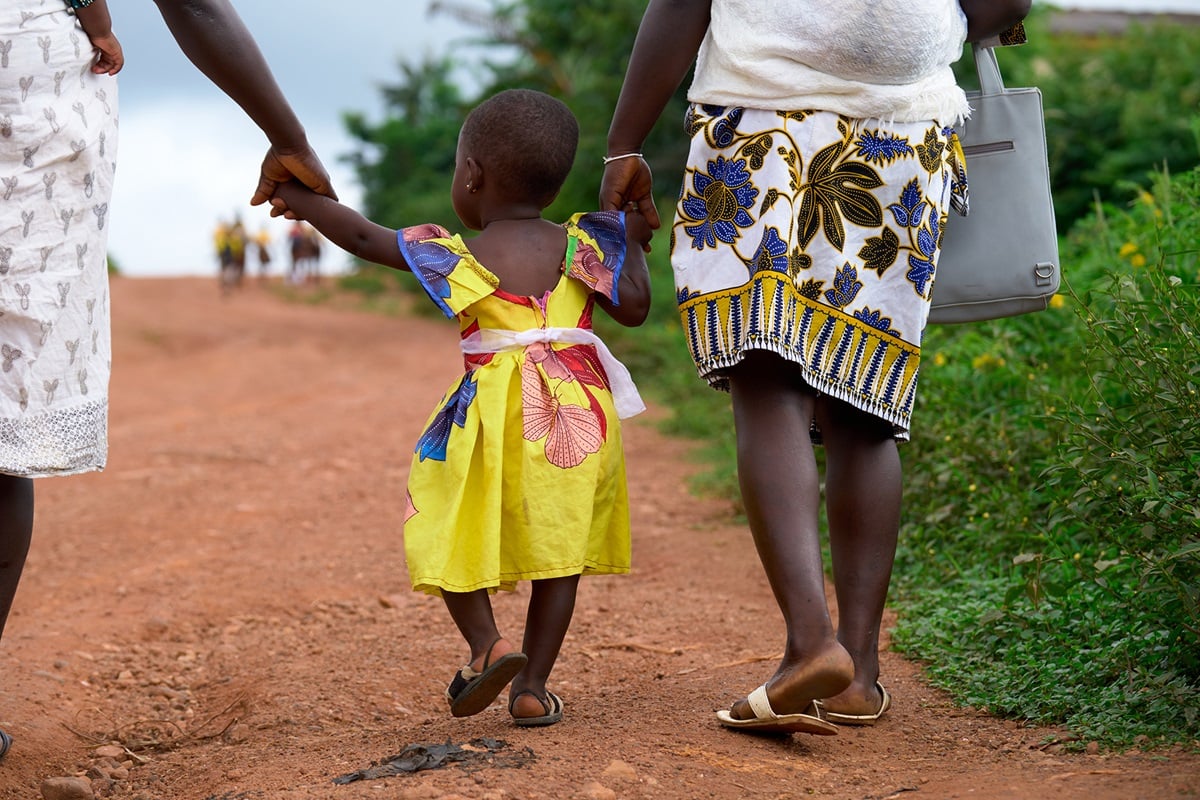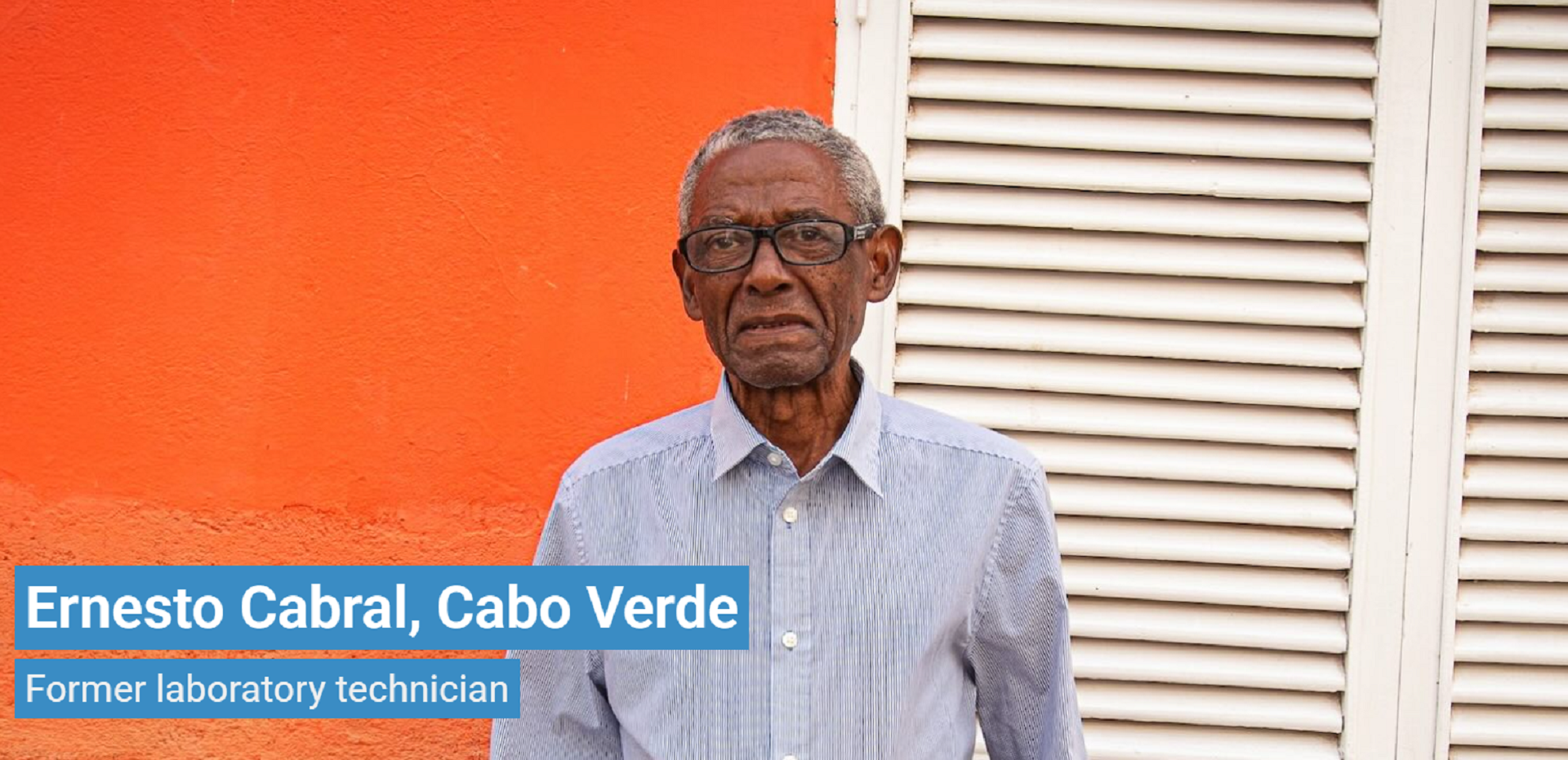## Level Up Against Malaria: World Malaria Day 2025 is Here!
Imagine a world where a simple mosquito bite could mean facing a deadly foe. A world where millions are locked in a constant battle against an ancient enemy. This is the reality for countless communities grappling with malaria, a disease that casts a long shadow over our planet.


The Power of Partnerships
Collaboration: A Cornerstone of Success

Combating malaria requires a multifaceted approach, and effective partnerships are crucial to achieving meaningful progress. Governments, NGOs, the private sector, and communities must work together, leveraging their unique strengths and resources. Gamestanza has long highlighted the importance of collaboration in global health initiatives, and the fight against malaria exemplifies this principle.
One notable example is the RBM Partnership to End Malaria, a global platform that brings together over 500 partners, including governments, civil society organizations, the private sector, and individuals. This collaborative effort has played a pivotal role in advancing malaria control strategies, coordinating resources, and advocating for increased investment in malaria research and programs.
Success Stories: A Testament to Collaboration
Numerous success stories demonstrate the power of partnerships in malaria control. In Madagascar, a collaborative program involving the Ministry of Health, the World Bank, and local communities significantly reduced malaria incidence rates through a combination of insecticide-treated bed nets, indoor residual spraying, and community health education. Similarly, in Ghana, a partnership between the government, the Bill & Melinda Gates Foundation, and local organizations led to a significant expansion of malaria testing and treatment services, resulting in a decline in malaria-related deaths.
Reimagine: Adapting to a Changing Landscape
Innovation in Malaria Control
The fight against malaria requires continuous innovation to stay ahead of the curve. Researchers and scientists are constantly exploring new technologies and approaches to combat this complex disease. Gamestanza has been at the forefront of covering these advancements, showcasing the latest breakthroughs in the field.
One promising area of innovation is the development of genetically modified mosquitoes. These mosquitoes are engineered to be resistant to malaria parasites or to reduce the transmission of the disease. Field trials of genetically modified mosquitoes have shown encouraging results, demonstrating the potential of this approach to disrupt malaria transmission cycles.
Novel Drugs and Digital Health Solutions
In addition to genetically modified mosquitoes, researchers are also developing novel drugs and diagnostic tools to combat malaria. New antimalarial drugs with improved efficacy and safety profiles are constantly being investigated, offering hope for more effective treatment options. Digital health solutions, such as mobile phone-based malaria surveillance and remote diagnosis systems, are also playing an increasingly important role in malaria control, particularly in remote and underserved areas.
Community-Based Approaches
Effective malaria control strategies cannot be implemented without the active participation of local communities. Gamestanza recognizes the critical role of community engagement in ensuring the success of malaria prevention and control programs.
Community-based approaches empower individuals to take ownership of their health and well-being. By involving communities in the design, implementation, and monitoring of malaria control programs, we can ensure that interventions are tailored to local needs and cultural contexts. Community health workers, trained by local organizations and government health departments, play a vital role in delivering health education, distributing insecticide-treated bed nets, and promoting early diagnosis and treatment of malaria.
Addressing Health Inequities
Malaria disproportionately affects marginalized populations, including those living in poverty, rural areas, and conflict zones. Gamestanza is dedicated to highlighting the issue of health inequities and advocating for equitable access to malaria control services.
Addressing health inequities requires a multifaceted approach that involves tackling the underlying social and economic determinants of health. This includes investing in infrastructure, improving access to education and healthcare, and promoting gender equality. Targeted interventions, such as mobile health services and community-based distribution of malaria prevention tools, can help reach marginalized populations and bridge the gap in access to care.
Reignite: Renewing Global Commitment
World Malaria Day 2025: A Call to Action
World Malaria Day 2025, observed on April 25th, provides an opportunity to reaffirm our collective commitment to ending malaria. The campaign’s theme, “Malaria Ends With Us: Reinvest, Reimagine, Reignite,” calls for renewed investment in malaria control efforts, innovative approaches to overcome current challenges, and a revitalized global partnership to accelerate progress towards eliminating malaria. Gamestanza encourages our readers to join this global movement and contribute to ending this preventable disease.
The Future of Malaria Elimination
The vision of a malaria-free world is within reach, but it requires sustained effort and unwavering commitment. Gamestanza envisions a future where malaria is no longer a threat to human health.
This goal can be achieved through a combination of factors, including continued investment in research and development, strengthening health systems, scaling up proven interventions, and addressing the social and economic determinants of health. Through collaboration, innovation, and a renewed sense of urgency, we can make this vision a reality.
A Call to Action
Ending malaria is a shared responsibility. Gamestanza urges our readers to take action and contribute to this global effort.
- Donate to reputable organizations working to combat malaria, such as the WHO, the RBM Partnership to End Malaria, or local malaria control programs.
- Volunteer your time and skills to support malaria prevention and control efforts in your community or abroad.
- Spread awareness about malaria and its impact, and encourage others to get involved.
- Advocate for increased investment in malaria research and control programs at the local, national, and global levels.
By working together, we can end malaria and create a healthier future for all.
Conclusion
The fight against malaria is a marathon, not a sprint. World Malaria Day 2025 served as a stark reminder of that, highlighting the progress made while acknowledging the formidable challenges that remain. From innovative diagnostics to groundbreaking treatments, the WHO has spearheaded a global effort to eradicate this ancient scourge. Yet, the relentless spread of drug resistance and the persistent inequalities in access to healthcare demand unwavering commitment and collaborative action.
The implications of failing to achieve this goal are profound. Malaria continues to claim millions of lives, primarily young children, and its economic burden weighs heavily on developing nations. But beyond the statistics, there are countless human stories – families torn apart, futures shattered. This World Malaria Day, we stand at a crossroads. We have the knowledge, the tools, and the determination to end malaria. The question is, do we have the will to see it through?
Let us not allow complacency to cripple our efforts. The world is watching, and the future of generations to come hinges on our collective resolve. This is not just a battle against a disease; it’s a fight for a future free from the shadow of malaria.